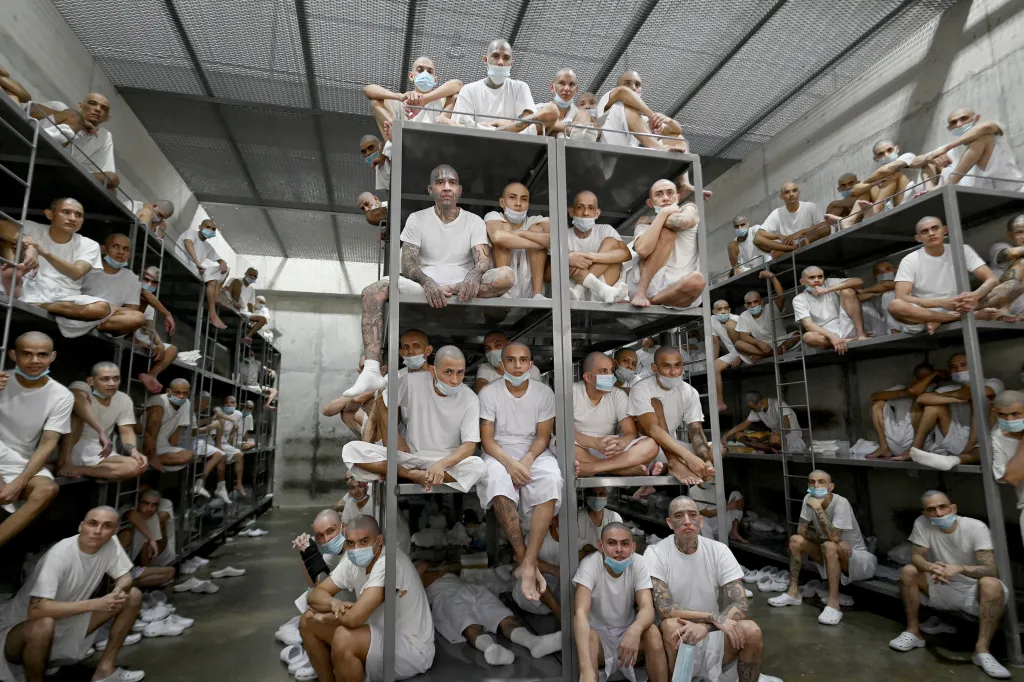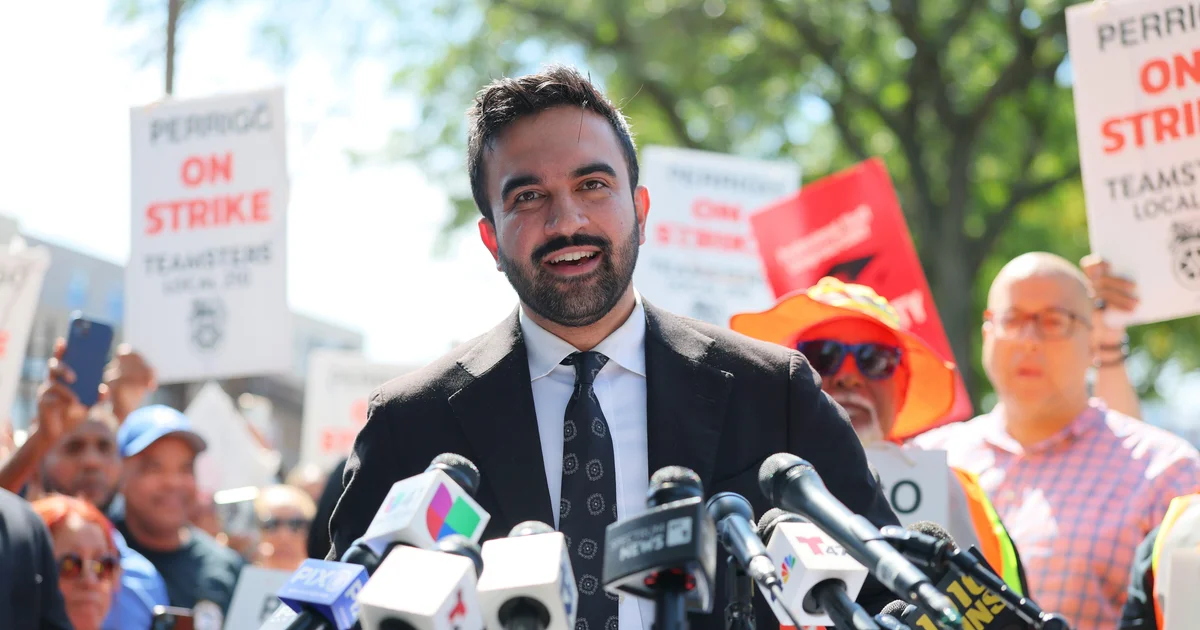
In 2022, my husband, Rob, and I adopted three sisters from foster care. Shortly before the youngest was born in 2016, their father, Kelvin, was incarcerated for armed robbery.
Foster parents facilitate relationships with birth families, and Kelvin made me nervous. We were told he had gang ties and had been a heavy drug user. Incarceration, however, allowed interaction at a comfortable distance. I sent him letters with photos and updates; he replied with drawings for the girls. We moved to phone calls and, during the pandemic, had video visits.
While incarcerated, Kelvin obtained certifications in janitorial services and managing commercial laundry facilities. He furthered his academic education and took parenting classes. His ability to engage the children over the phone impressed me. He played simple games to improve their Spanish and encouraged the middle girl’s love of singing; he answered tough questions, such as why he was incarcerated, in an honest, age-appropriate way.
Shortly after his parental rights were terminated, he wrote to Rob and me, thanking us for all we had done for his girls. Our social workers were stunned.
Kelvin shaved three years off his sentence through good behavior. We were excited to fully include him in the kids’ lives when he was paroled early this year. Unfortunately, he had an outstanding deportation order from 2015. When he was paroled in February, California Department of Corrections and Rehabilitation held him longer so Immigration and Customs Enforcement could take him into custody.
To many people, based on the bare facts, Kelvin seems like the poster child of who should be deported: a person with a criminal record and without legal status to be in the U.S. But having a criminal record does not make someone “the worst of the worst.” Isn’t rehabilitation supposed to be part of incarceration? Wouldn’t it be better to hold him up as a success story, an example that rehabilitation works?
Kelvin committed his crime in the throes of addiction. He struggled to get sober. He told Rob and me that our including him in the kids’ lives, even after his parental rights were terminated, was the motivation he needed to stick with his rehabilitation program.
When I hired an immigration attorney to fight the deportation, I saw Kelvin’s court records. Ten years of his 12-year sentence were a mandatory enhancement for having a gun when he committed the crime. The law specifies the gun “need not be operable or loaded,” just present. Had Kelvin pulled the trigger, he would have received a mandatory 20-year enhancement.
Kelvin’s petition to reopen asylum was denied without a hearing, but the judge requested more information about his rehabilitation. While we gathered that, ICE deported him on May 23.
A cousin went to meet Kelvin when he arrived in El Salvador, but she was not allowed to see him. She was told Kelvin was being incarcerated because of a gang tattoo. No one has been able to talk to him since. Although Kelvin had no criminal record in El Salvador, we learned from his mother that he was moved to CECOT, a prison notorious for torture.
Refoulement — deporting someone to where they are likely to be tortured or persecuted — is illegal under international law. There are no exceptions for deportees who are convicted criminals.
El Salvador has been in turmoil recently, with some constitutional rights suspended. It is radically different from when Kelvin’s deportation was ordered in 2015. Given current conditions, his incarceration and mistreatment there were foreseeable — and so his deportation was illegal.
Deporting Kelvin effectively condemned him to a life sentence for a crime California says merits 12 years. And it condemned his children to lose contact with him indefinitely.
California invested significantly in Kelvin’s rehabilitation, and he maximized these opportunities. ICE torched that just as Kelvin was ready to be a productive, tax-paying member of society. How many people would benefit if Kelvin could fulfill his dream of becoming a counselor?
Deporting Kelvin didn’t make our country safer. It just made it less humane.



